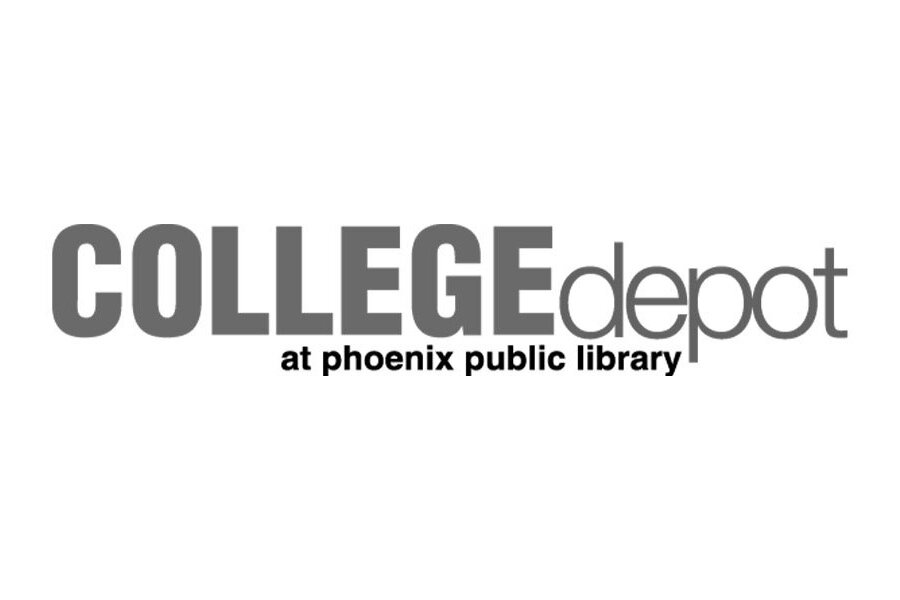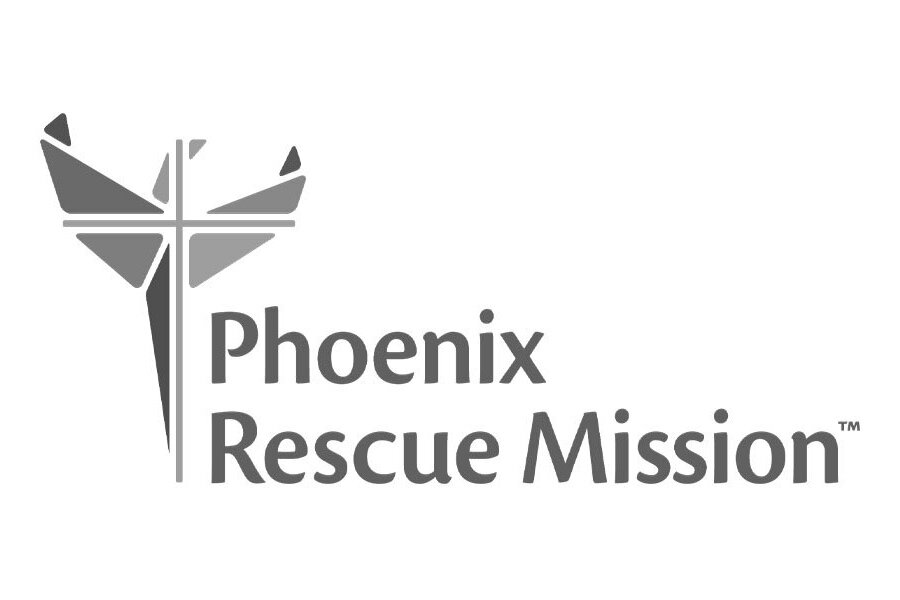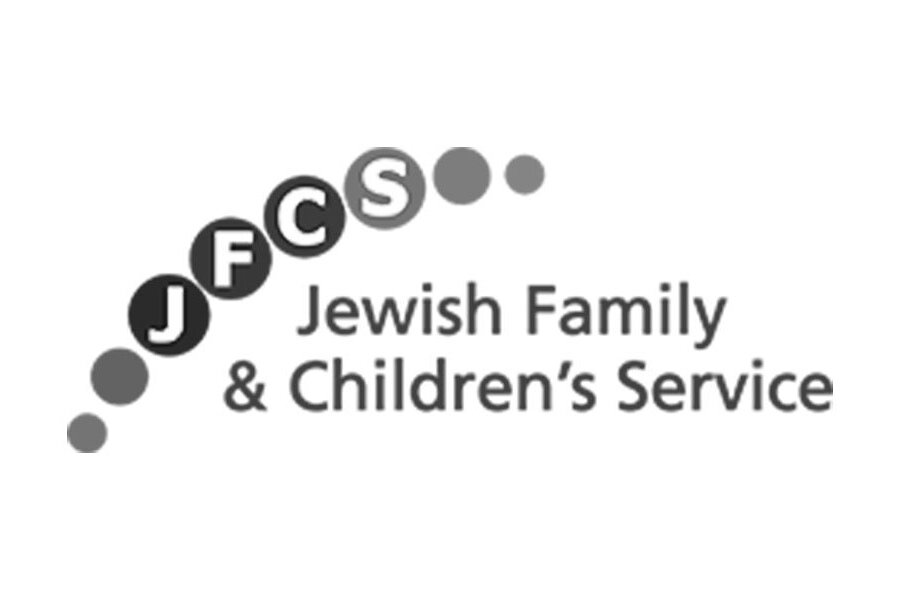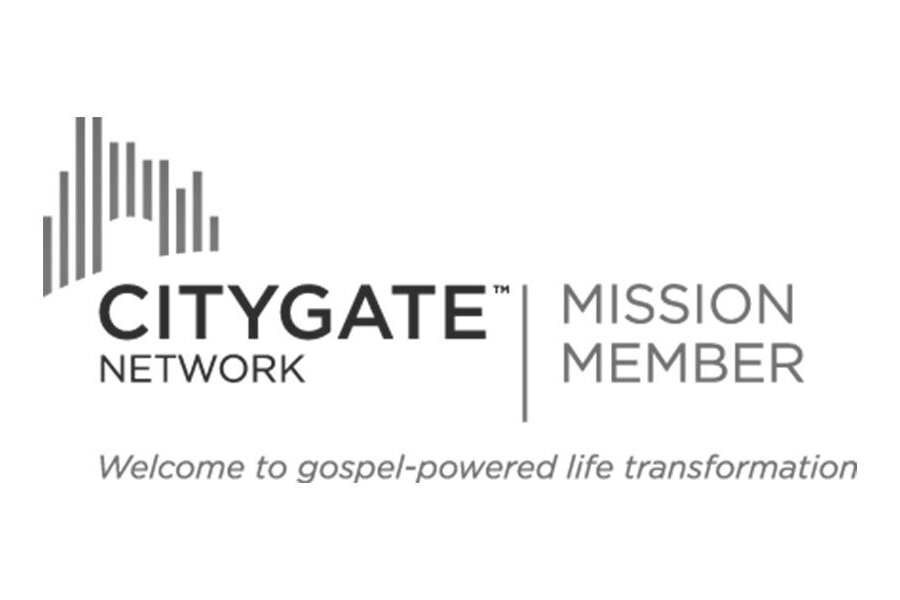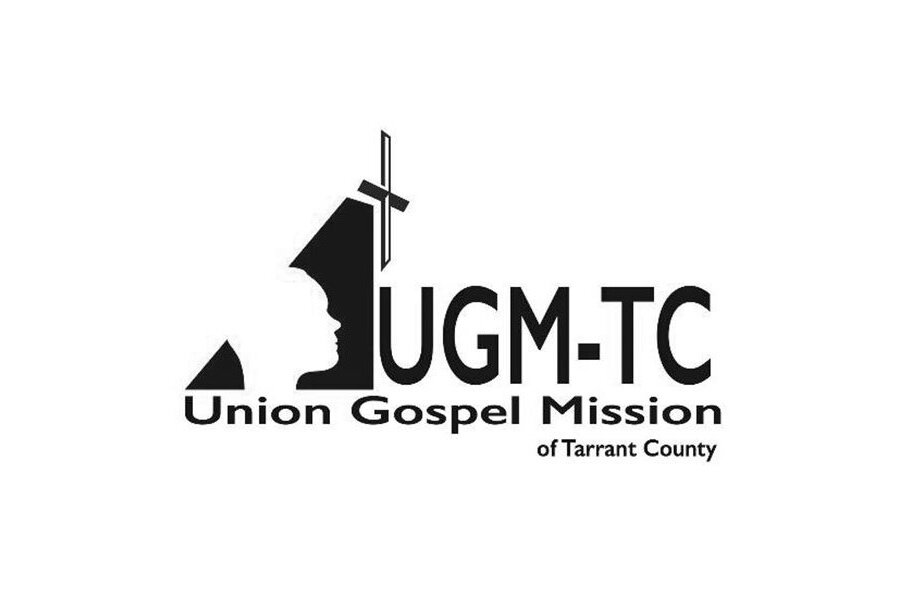Resources, Programs and Awareness for Adults in Need
Smart Schools maintains partnerships with community centers and homeless shelters across the country. By partnering with SS, community centers and homeless shelters have the opportunity to offer a fully-equipped high school either 100% online or a blended program. Through this program, adults have the ability to complete their high school diploma and establish a pathway to career colleges, colleges, universities, and a higher paying career.
Strengthening Partnerships Between Education and Homelessness Services
Research conducted across urban, suburban, and rural communities alike, indicated that the education system can play a pivotal role in preventing and eliminating homelessness, providing critical school-based support to people during experiences of homelessness, and equipping people to exit homelessness into stable, affordable housing. To make sure we build the strongest possible partnerships between our homelessness services and education system, we should ask ourselves the following questions. Are we:
Fully aware of the role education can play in ending homelessness, thinking in terms of both prevention and intervention?
Intentionally building partnerships between schools and other systems working with individuals experiencing homelessness?
Leveraging every available resource – public and private; federal, state, and local; targeted and non-targeted assistance – to its fullest to serve children and youth experiencing homelessness, and support their educational success?
Seeking to innovate in how we serve those experiencing homelessness through prevention and diversion?
Being aspirational to those who are homeless, truly believing that they are capable of graduating from high school and continuing to post-secondary education despite their current circumstances, and equipping them with the information and support they need to progress?
Smart Schools has created strong partnerships between some community organizations and homeless shelters and their homelessness services systems.
Our Partners
Diploma vs GED
There’s a misconception that passing the General Education Development (GED) exam and earning a high school diploma are the same thing-- this simply isn't true. The average GED-holder earns only $18,776 a year, and 95% of them will drop out of four-year college programs. Three-quarters of GED holders don’t make it through a career training program. If a student is extremely deficient in credits, we suggest they earn their GED first and then transfer those credits into a diploma program.
What is a GED
The GED is comprised of the GED test and the GED credential. The GED test includes exams on four different topics, including math, reasoning through language arts, science, and social studies with an associated fee. Once a student passes all four exams on the GED test, they’ve earned a GED credential. The GED credential serves as a high school equivalency for those who don’t graduate with a high school diploma.
Which Option is Right for You
A high school diploma is an ideal option to prepare students for a higher paying career and college studies. Depending on the number of credits a student needs, this route may take a little longer to complete. In the past, some people didn’t have the option to attend high school if they dropped out during their teenage years. However now with online options these students are able to earn their high school diploma from the comfort of their own home.
GED participants can take months to prepare for their certificate. When ready, the participant will pay a fee to take four exams, requiring successful completion in each subject. If a subject isn't successfully completed, there is a three month waiting period in order to retake the exam for an additional fee.
It’s worth it for your student to finish their high school diploma. They need to show employers self-discipline and finish the foundation they need to succeed in a college degree or training program. By completing the work toward the diploma, students will gain knowledge that helps them in their next programs and also prepares them to handle the demands of their next level of education. They will also gain a sense of achievement that isn’t gained from just taking a test and getting a quick fix.





